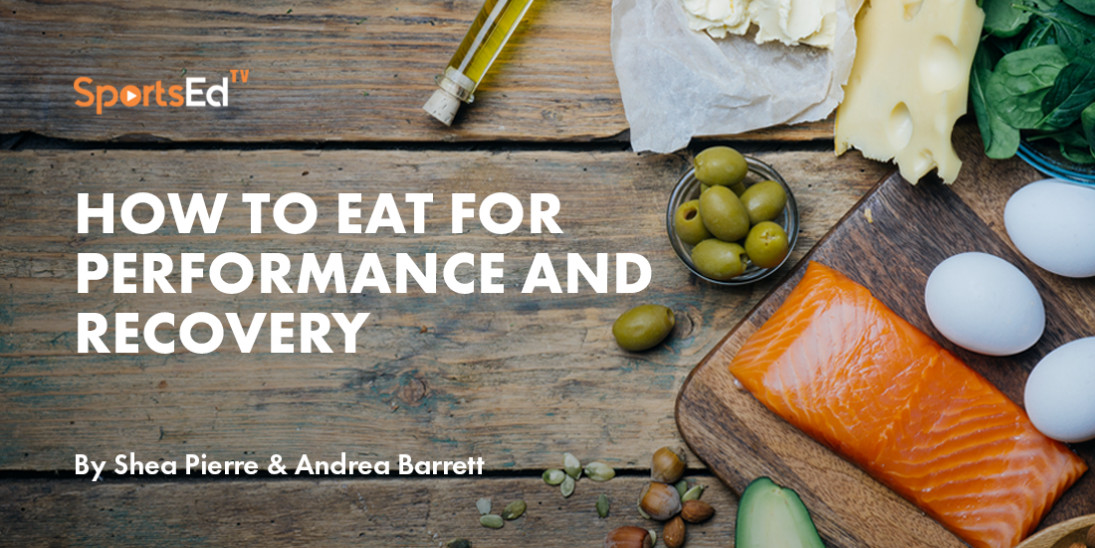Nutrition
Welcome and thanks for visiting...

What's the Deal With Intermittent Fasting

Intermittent fasting is a buzzword that I’m sure you’ve heard in the past few years—either through social media, conversations with friends and family, or from unsolicited advice from someone at a party. Maybe you’ve already tried it, or perhaps you’ve considered trying it but have no idea where to start.
With the endless stream of diets, health trends, and quick fixes out there, it can be incredibly confusing to figure out what’s actually good for you. That’s why we’re here: to help clear up any confusion you might have about intermittent fasting and show you how you can do it in a way that’s both healthy and realistic.
What Exactly Is Intermittent Fasting?
Intermittent fasting is not a diet in the traditional sense—it’s more of an eating strategy. It involves alternating between periods of eating and periods of abstaining from food. The idea is simple: instead of eating from the moment you wake up until right before bed, you shrink the time window during which you consume your meals.
There are a few different types of intermittent fasting, ranging from moderate to very restrictive. While some intermittent fasting methods involve calorie restriction (reducing the amount of calories you consume each day), the most common approaches are time-restricted.
This means you eat the same number of calories you normally would, but within a shorter time frame. You’re not necessarily eating less; you’re just eating within a defined window of time.
How Does Time-Restricted Eating Work?
Most moderate intermittent fasting methods involve eating within an 8- to 12-hour window, instead of the 16 hours that most of us are typically awake. For example, instead of having breakfast at 7 AM, snacks throughout the day, and a large dinner at 9 PM, you might choose to eat only between 11 AM and 7 PM.
There are several ways people structure their fasting windows:
-
16:8 Method: Fast for 16 hours and eat during an 8-hour window (e.g., noon–8 PM)
-
14:10 Method: Fast for 14 hours, eat during a 10-hour window
-
12:12 Method: A gentler approach—fast for 12 hours, eat within 12 hours
You can customize it based on your routine—some people prefer to skip breakfast, while others prefer to eat breakfast and skip dinner. You can also have three complete meals within your window, as long as they fall within the time frame you’ve set.
Why Is Intermittent Fasting So Popular?
One of the reasons intermittent fasting has gained so much traction is that it’s relatively simple and doesn’t require you to completely overhaul what you eat. Many people report benefits such as:
-
Weight loss
-
Improved metabolism
-
Lower blood sugar levels
-
Decreased inflammation
-
Mental clarity and focus
Fasting also gives your body time to enter a state of cellular repair, known as autophagy. This process helps your body eliminate damaged cells, which some believe contributes to longevity and disease prevention.
Intermittent Fasting for Weight Loss: Does It Work?
One of the most common reasons people try intermittent fasting is to lose weight. And for many, it does work, mainly because it naturally reduces the window in which you’re eating, which can lead to fewer total calories consumed.
But unlike many traditional diets, intermittent fasting can help preserve muscle mass while promoting fat loss. That’s especially true when paired with a healthy diet and regular physical activity.
It’s worth noting that intermittent fasting is not a magic solution. If you binge on ultra-processed foods during your eating window, you’re unlikely to see the benefits. Focus on nutrient-dense meals, including lean proteins, healthy fats, and plenty of fruits and vegetables.
What Can You Eat or Drink While Fasting?
During your fasting window, you’re supposed to avoid consuming calories. However, there are a few things you can consume that won’t break your fast:
-
Water (still or sparkling)
-
Black coffee
-
Herbal or green tea (unsweetened)
-
Electrolytes (zero-calorie options)
Avoid anything with sugar, cream, or calories, as these can interfere with the fasting state and its benefits.
Tips for Starting Intermittent Fasting the Healthy Way
If you’re considering trying intermittent fasting, here are a few tips to help you get started safely and sustainably:
-
Start Slowly: Begin with a 12-hour fasting window and gradually increase it as your body adjusts.
-
Stay Hydrated: Drink plenty of water throughout the day—especially during your fasting hours.
-
Don’t Overeat: Just because you’re eating within a shorter window doesn’t mean you should cram in double portions.
-
Eat Balanced Meals: Focus on whole, unprocessed foods for optimal nutrition.
-
Listen to Your Body: If you feel dizzy, lightheaded, or overly fatigued, you might need to adjust your fasting approach.
Common Mistakes to Avoid When Intermittent Fasting
Many people dive into intermittent fasting without a plan and end up feeling miserable. Here are a few common pitfalls:
-
Not eating enough during your eating window
-
Bingeing on unhealthy foods
-
Forgetting to stay hydrated
-
Being too rigid with your schedule
-
Ignoring how your body feels
Remember, the goal is to improve your health, not to punish yourself or create new stressors.
Who Should Avoid Intermittent Fasting?
While intermittent fasting is generally safe for most people, it’s not for everyone. You should avoid intermittent fasting (or speak to a healthcare provider first) if you:
-
Are pregnant or breastfeeding
-
Have diabetes or blood sugar issues
-
Have a history of eating disorders
-
Are underweight or have certain medical conditions
Always consult your doctor before making major changes to your eating habits, especially if you’re managing any chronic health conditions.
Is Intermittent Fasting Right for You?
Intermittent fasting can be a powerful tool to improve your health, simplify your routine, and even support weight loss—but it’s not a one-size-fits-all solution. The most important thing is to find a routine that fits your body, your schedule, and your goals.
Start gradually, be kind to yourself, and give your body time to adapt. With consistency and the right mindset, intermittent fasting can be a healthy and sustainable part of your lifestyle.








